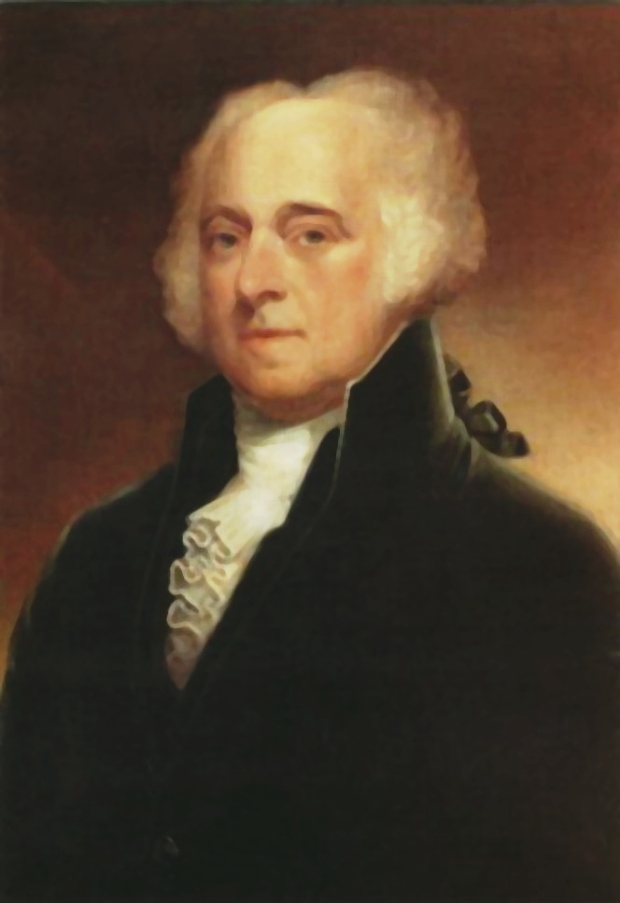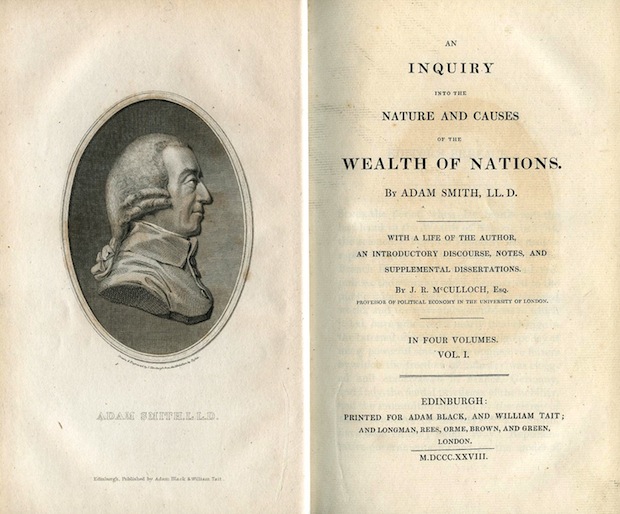I recently finished reading John Adams by David McCullough.
Below are key excerpts from this book that I found to be particularly insightful:
In truth, he was extremely proud of his descent from “a line of virtuous, independent New England farmers.” That virtue and independence were among the highest of mortal attainments, John Adams never doubted. The New England farmer was his own man who owned his own land, a freeholder, and thus the equal of anyone.
And liberty cannot be preserved without a general knowledge among the people who have a right from the frame of their nature to knowledge, as their great Creator who does nothing in vain, has given them understandings and a desire to know. But besides this they have a right, an indisputable, unalienable, indefeasible divine right to the most dreaded and envied kind of knowledge, I mean of the characters and conduct of their rulers.
If, by supporting the rights of mankind, and of invincible truth, I shall contribute to save from the agonies of death one unfortunate victim of tyranny, or of ignorance, equally fatal, his blessings and years of transport will be sufficient consolation to me for the contempt of all mankind.
The preservation of liberty depends upon the intellectual and moral character of the people. As long as knowledge and virtue are diffused generally among the body of a nation, it is impossible they should be enslaved.
Few Americans ever achieved so much of such value and consequence to their country in so little time. Above all, with his sense of urgency anc unrelenting drive, Adams made the Declaration of Independence happen when it did. Had it come later, the course of events could have gone very differently.
Years later, in a letter to Thomas Jefferson, Adams would describe the voyage on the Boston as symbolic of his whole life. The raging seas he has passed through, he seemed to be saying, were like the times they lived in, and he was at the mercy of the times no less than the seas. Possibly he saw, too, in the presence of John Quincy, how directly his determination to dare such seas affected his family and how much, with his devotion to the cause of America, he had put at risk beyond his own life. Besides, as he may also have seen, the voyage had demonstrated how better suited he was for action than for smooth sailing with little to do.
To Thomas Jefferson, Adams would one day write, “My friend, you and 1 have lived in serious times.” And of all the serious events of the exceedingly eventful eighteenth century, none compared to the arrival upon the world stage of the new, independent United States of America. Adams’s part in Holland and at Paris had been profound. As time would tell, the treaty that he, Franklin, and Jay had made was as advantageous to their country as any in history. It would be said they had won the greatest victory in the annals of American diplomacy.
The role of the executive Adams was emphatic. If there is one central truth to be collected from the history of all ages, it is this: that the people’s rights and liberties, and the democratical mixture in a constitution, can never be preserved without a Strong executive, or, in other words, without separating the executive from the legislative power. If the executive power, or any considerable part of it, is left in the hands of an aristocratical or democratical assembly, it will corrupt the legislature as necessarily as rust corrupts iron, or as arsenic poisons the human body; and when the legislature is corrupted, the people are undone.
The only way to keep us from setting up for ourselves is to disunite us,” young schoolmaster Adams had written in his percipient letter to Nathan Webb, and to Adams now, as to others, dissolution remained the greatest single threat to the American experiment. “The fate of this government,” he would write from New York to his former law clerk, William Tudor, “depends absolutely upon raising it above the state governments.’ The first line of the Constitution made the point, “We the people, in order to form a more perfect union.’
‘o Adams the outcome was proof of how potent party spirit and party organization had become, and the most prominent was Burr’s campaign in New York. Washington, in his Farewell Address, had warned against disunion, permanent alliances with other nations, and “the baneful effects of the spirit of party.” Adams could rightly claim to have held to the ideals of union and neutrality, but his unrelenting independence—his desire to be a President above party—had cost him dearly.
In turbulent, dangerous times he had held to a remarkably steady course. He had shown that a strong defense and a desire for peace were not mutually exclusive, but compatible and greatly in the national interest.
In fundamental ways each proved consistently true to his nature they were in what they wrote as they had been through life. Jefferson was far more guarded and circumspect, better organized, dispassionate, more mannered, and refused ever to argue. Adams was warm, loquacious. more personal and opinionated, often humorous and willing to poke fun at himself. When Jefferson wrote of various self-appointed seers and mystics who had taken up his time as president, Adams claimed to have lad no problem with such people. “They all assumed the character of ambassadors extraordinary from the Almighty, but as I required miracles in proof of their credentials, and they did not perform any, I never gave public audience to any of them.”
I do not believe that Mr. Jefferson ever hated me. On the contrary, I believe he always liked me: but he detested Hamilton and my whole administration. Then he wished to be President of the United States, and I stood in his way. So he did everything that he could to pull me down. But if I should quarrel with him for that, I might quarrel with every man I have had anything to do with in life. This is human nature…. I forgive all my enemies and hope they may find mercy in Heaven. Mr. Jefferson and I have grown old and retired from public life. So we are upon our ancient terms of goodwill.
On a concluding note:
That John Adams and Thomas Jefferson had died on the same day. and that it was, of all days, the Fourth of July, could not be seen as a mere coincidence: it was a “visible and palpable” manifestation of “Divine favor,” wrote John Quincy in his diary that night, expressing what was felt and would be said again and again everywhere the news spread.
A highly recommended read in the areas of history and leadership.

